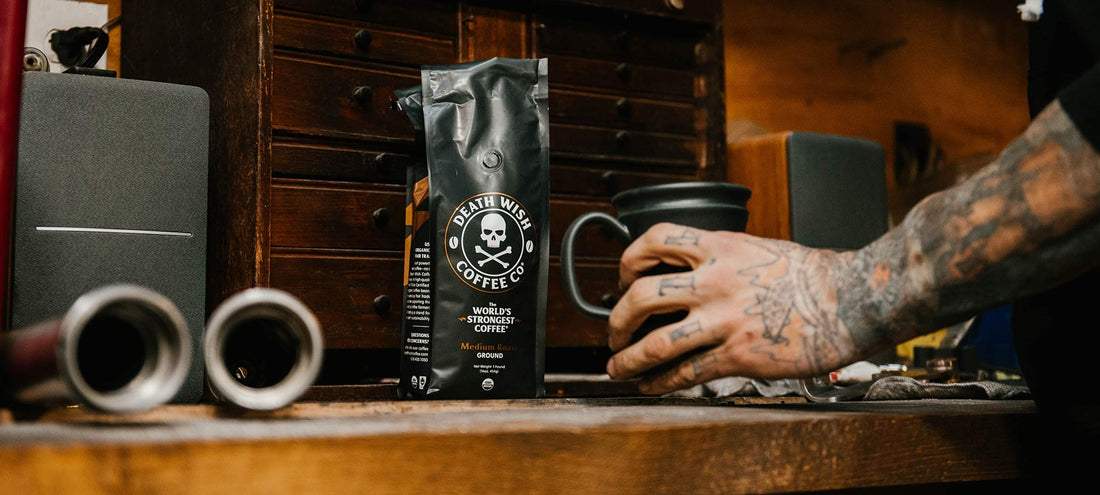Make Caffeine a Perk—Not a Problem
Do you rely on a couple cups of coffee to start your day out right and keep you moving? If so, you are like millions of other people out there. Whether we’re heading to the office or WFHers, daily doses of caffeine keep us alert, improve our concentration, boost our energy and simply make us feel good about having to roll out of bed and start the day.

It’s just too easy to leave the computer for a hot second and make a quick cup of your favorite brew to get you through the next meeting.
Actually, reaching for that favorite mug may do more than just offer us a jolt of intense flavor each day. Due to the high levels of antioxidants and nutrients, coffee is a healthy addition to your day. Studies show that coffee drinkers enjoy several health benefits like improving brain function, burning fat and even keeping serious diseases away.
But hold the (coffee) press for just a second.
How Much Caffeine is Too Much Caffeine?
When we follow up the morning coffee with a caffeinated beverage or two and then drink a few more cups of coffee throughout the day, we hit a whole new level of caffeine consumption.
Just like caffeine amounts vary in beverages, people’s reactions vary when it comes to caffeine as well. Some people might be more sensitive to caffeine than other people. That’s why it’s hard to assign an exact amount for everyone because people can react to caffeine based on their age and medical background.
Ultimately, your reaction to caffeine may even be determined by how much caffeine you’re used to drinking. If it’s not a regular part of your routine, then you might be more sensitive to its effects. Did someone say lightweight?
So how do you know if you’re drinking a healthy amount of caffeine, or if you’ve overdone it for the day?
If you need to adjust or change your caffeine habit, here are some tips:
1. Keep tabs. Just pay attention to how much caffeine you're getting from foods AND beverages. Read those labels!
2. Cut back gradually. You could drink one less cup (but that’s no fun), so maybe just try to drink a smaller cup. There isn’t as much sacrifice that way. For sure, avoid drinking caffeine late in the day.
3. You could always go decaf—but what adult would make that decision?
4. Shorten the brew time. That works great for making tea.
5. Check the bottle. Some pain relievers contain caffeine too! Try the pain-free variety.
If you’re like most adults out there, caffeine is just a part of everyday life. Frankly, without it, we wouldn’t be able to function as well as we do. We would have no ability—or willingness—to roll out of bed in the morning. Usually, there’s no problem at all, so mugs up! But just be aware that some side effects may be trying to tell you something.
RELATED: Can Coffee Make You Sick?

